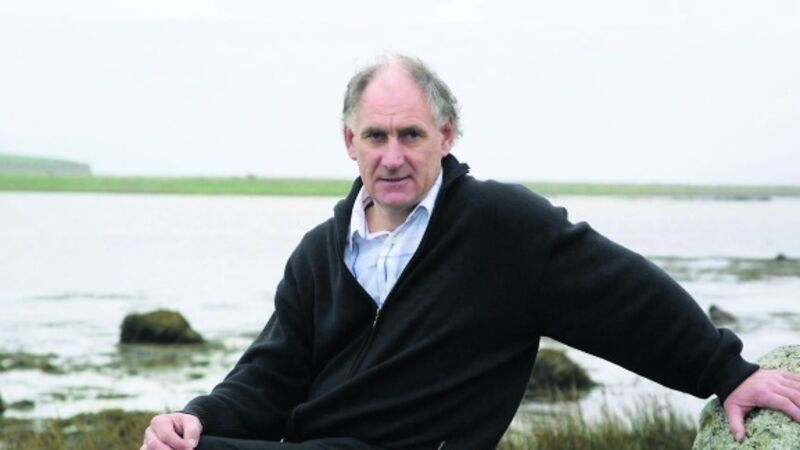Discover the Irish women who have inspired poetry and music

LIKE most Irish people worth their salt, Gerry Hanberry has heard On Raglan Road hundreds of times, and probably sung it dozens more. For years, his ears would prick up when people discussed the woman that poet Patrick Kavanagh had seen on that fateful Autumn Day. Such was the number and variation of those accounts that Gerry decided he had better find the truth.
“I was amazed at these different ideas about the woman in the song,” says the poet and biographer. “I even met a few women who claimed it was them. But of course with a bit of investigation, it was strongly obvious that it was a woman named Hilda Moriarty. That got me to thinking about the idea of muses in poetry and song so I thought I’d find out about other songs too. There is a whole treasure trove of great songs inspired by these women.”








